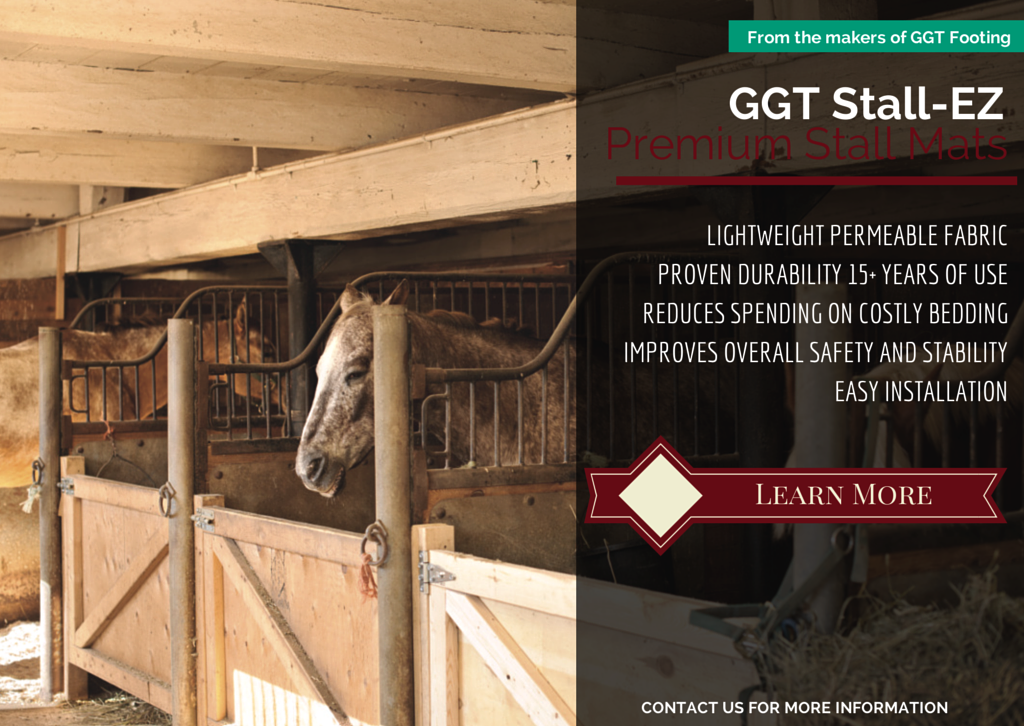When it comes to feeding our average collection of domestic pets, general nutritional needs aren't that complicated. The industry has streamlined the feeding of pets such as dogs and cats with varied forms of bagged kibble formulated for different life stages. However, for animals such as equines it becomes a little more in depth. Nutritional needs begin to vary depending on many factors such as life stage, activity level, current body weight, and more.
This being said, most owners need not worry about the fine print of their equine's diet if they have access to high quality forage and grain. If your equine is not receiving the nutrition it needs, you will easily be able to tell. A healthy equine has clear eyes, a level-headed disposition, appropriate energy levels, and a luscious shiny coat. If your equine is lacking in any of these areas, their current diet may be to blame.

Daily Nutrition
The average equine should aim to ingest around forty different vitamins and minerals on a daily basis. Your equine should have access to forage and grain which provide:
- Adequate amounts of fat, energy, and protein.
- Water
- Chlorine
- Beta-Carotene
- The amino acids Threonine, Lysine, Tryptophane, and Methionine.
When high-quality forage and feed are available, an equine's daily needs are easily met. There are only a few minerals and micro-nutrients which may be overabundant, these include:
- Phosphorous
- Selenium
- Protein
- Calcium
- Digestible Energy
Individual Needs
Now you may be wondering, "If my equine gets everything it needs from its feed and forage, why do I need to worry about creating a diet?" This is an excellent question! Though feed and forage will provide adequate nutrition for the average equine, the same may not be true for all situations. You must assess the needs of your horse as an individual when creating a diet plan. To do this, look at certain aspects of your horse's everyday life. Ask yourself:
- Is my horse doing light, medium, or intense levels of work? Is he sedentary for the majority of the day?
- Will his every day activity levels be increasing or decreasing soon?
- Is my horse too fat or too thin?
- What stage of life is my horse in? Is my horse a broodmare with foals, or a retired pleasure horse?
Once you've answered these questions, you can begin tailoring a diet plan ideal for your equine. If your horse lives an average horse life and has access to high quality forage and grain, you will probably have to do little other than adjust portion sizes for your horse as he or she ages or changes workloads. For competing champions or breeding stock, nutritional needs may be different and will require further research to determine what minerals and vitamins they need to be supplemented with. Finally, keep these tips in mind:
- Always seek the advice of a veterinarian or equine nutritional professional before starting your equine on a tailored diet.
- Always ensure your equine has access to fresh water daily.
- Make changes to your equines diet slowly to avoid upsetting their digestive tract.
With this guide, you will have a better idea of how to formulate a diet for your equine's individual needs. For more equine care information, we welcome you to visit our website. We also invite you to contact us with any questions, we'll get back to you as soon as we can!


